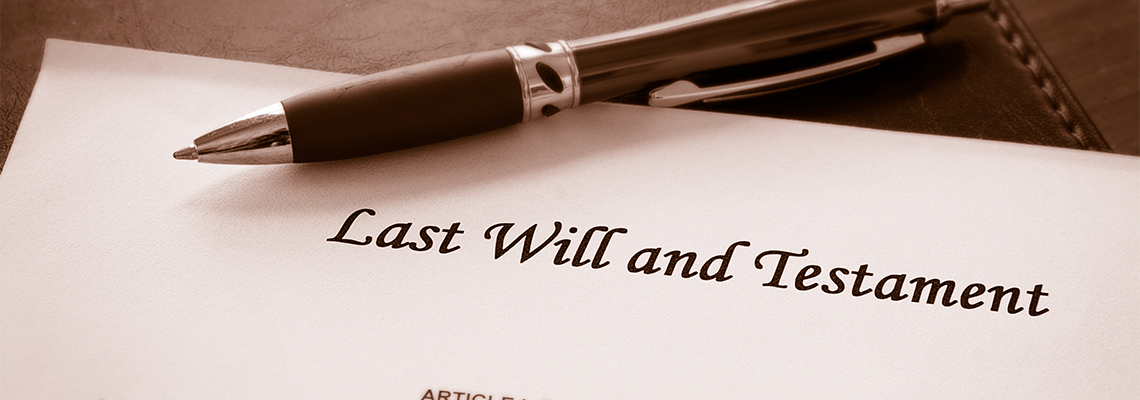What should you do if your Neighbor's trees overhang your property? You can call or text us for an appointment with our attorneys in Fort Bend County, Wharton County or Matagorda County.
Neighboring trees may often become troublesome. Their branches might block sunlight, yield unwanted pollen, acorns or leaves, or create a risk of injury or property damage. Your rights and obligations are as they pertain to the trees of on your neighbor’s property depends upon state law.
In Texas, a person is not under an affirmative duty to trim a healthy tree when its branches extend over a neighbor’s property. This is true even if the tree branches extend over the neighbor’s roof or driveway where cars are parked. The law protects the owner of a healthy tree if tree limbs fall on a neighbor’s property and cause injury or damage.
Can You Trim Your Neighbor’s Trees?
The neighbor does have the right to trim the overhanging tree with the following limitations.
The tree can only be trimmed to the property line.
The tree must not be trimmed to such an extent as to damage or harm the health of the tree.
There is no right to trespass upon the neighbor’s property in order to trim the tree.
The cost of trimming the tree is borne by the neighbor doing the trimming.
What if Your Neighbor’s Trees Are Unhealthy?
If the tree owner knows (or should know) the tree is unhealthy, the law of negligence imposes a duty upon the owner. The tree owner should take all steps necessary to prevent injury and property damage caused by falling limbs and branches. A tree owner who ignores this duty and fails to adequately trim the unhealthy tree would be liable for any injury or damage caused by fallen branches.
Call Us if You Have a Concern
Call or text us for an appointment with our attorneys at offices in Fort Bend County, Wharton County and Matagorda County. Appointments can be at our offices, over the phone or online.



